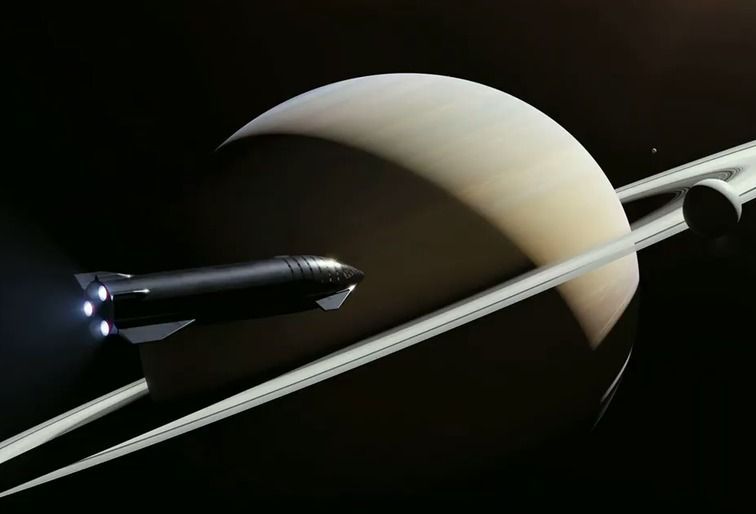Result: Some 6 million pounds of spent nuclear waste, generated over a half-century, remain in seismically sensitive spots on the California coast, at both San Onofre and Diablo Canyon. That’s among some 200 million pounds of radioactive waste languishing at 80 reactor sites in 35 states from sea to shining sea, where it will remain for the foreseeable future.
“We’ve so tainted this whole process because of fear,” said James Conca, a controversial nuclear energy advocate with a doctorate in geochemistry from the California Institute of Technology. “You get everyone so scared you never do anything.
”Look, we know where to put this stuff,” he said. ”We’ve known for 60 years. We have an operating deep geologic repository right now — but it’s only for bomb waste.”







